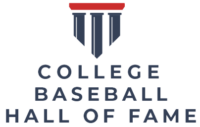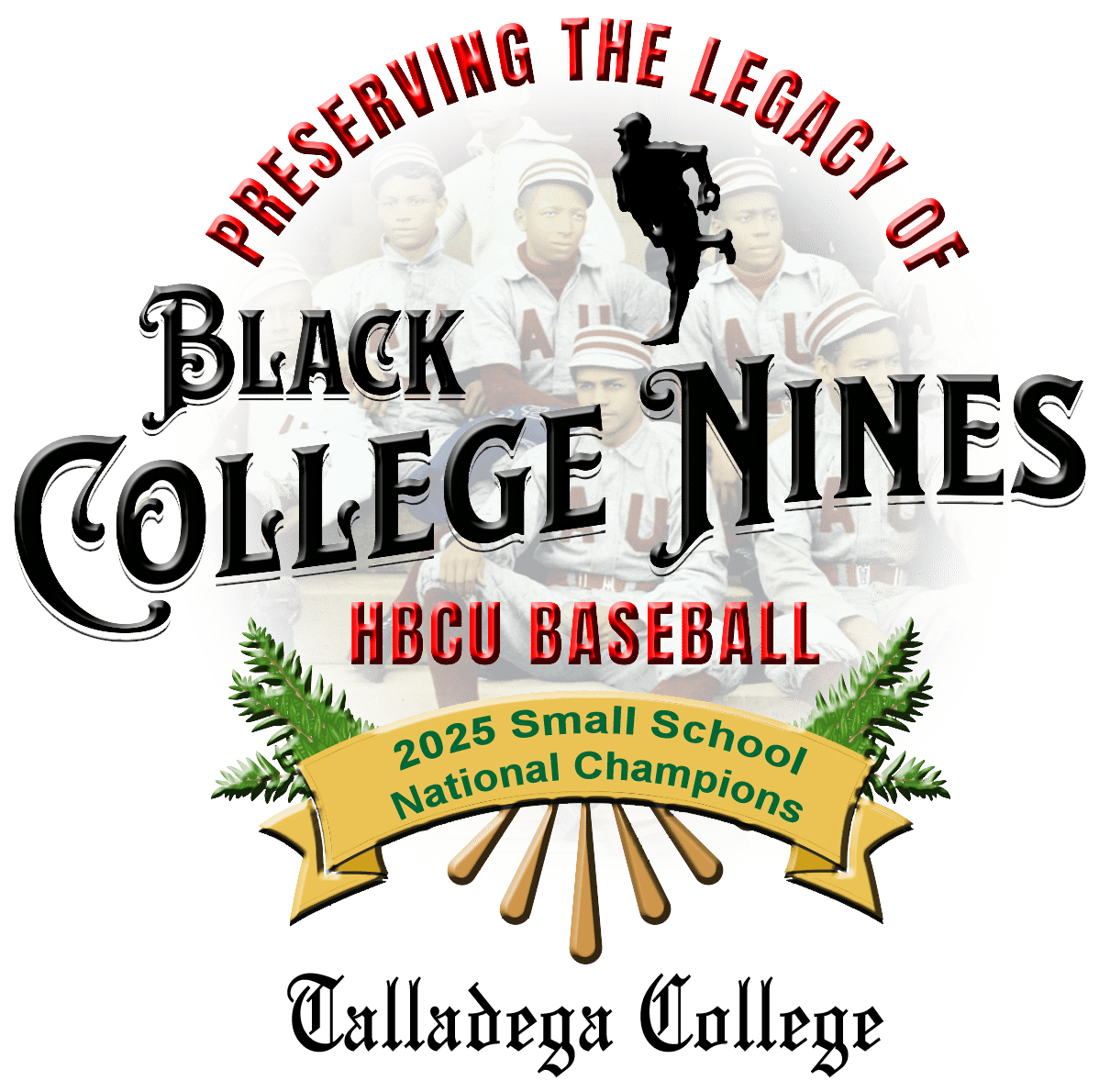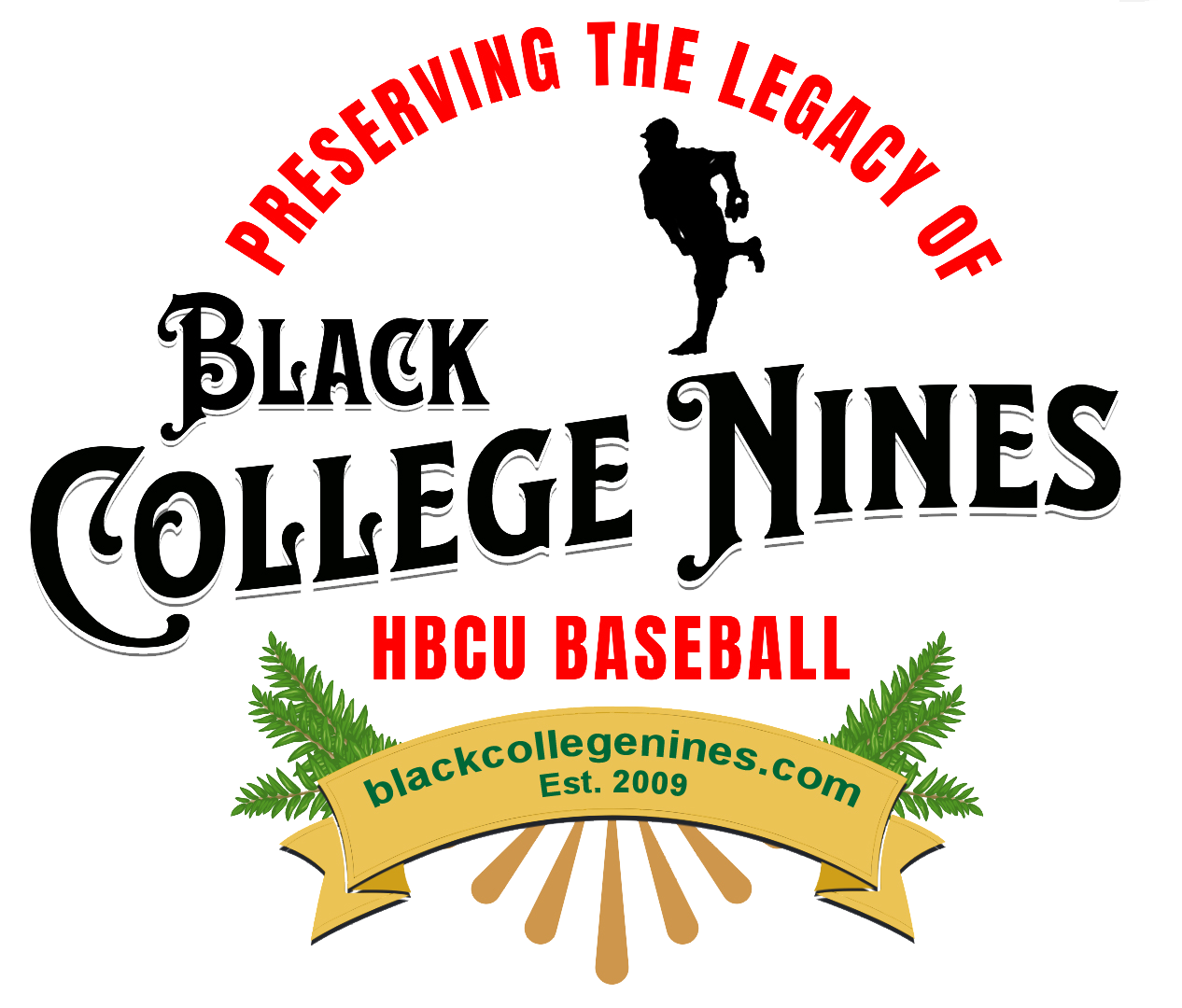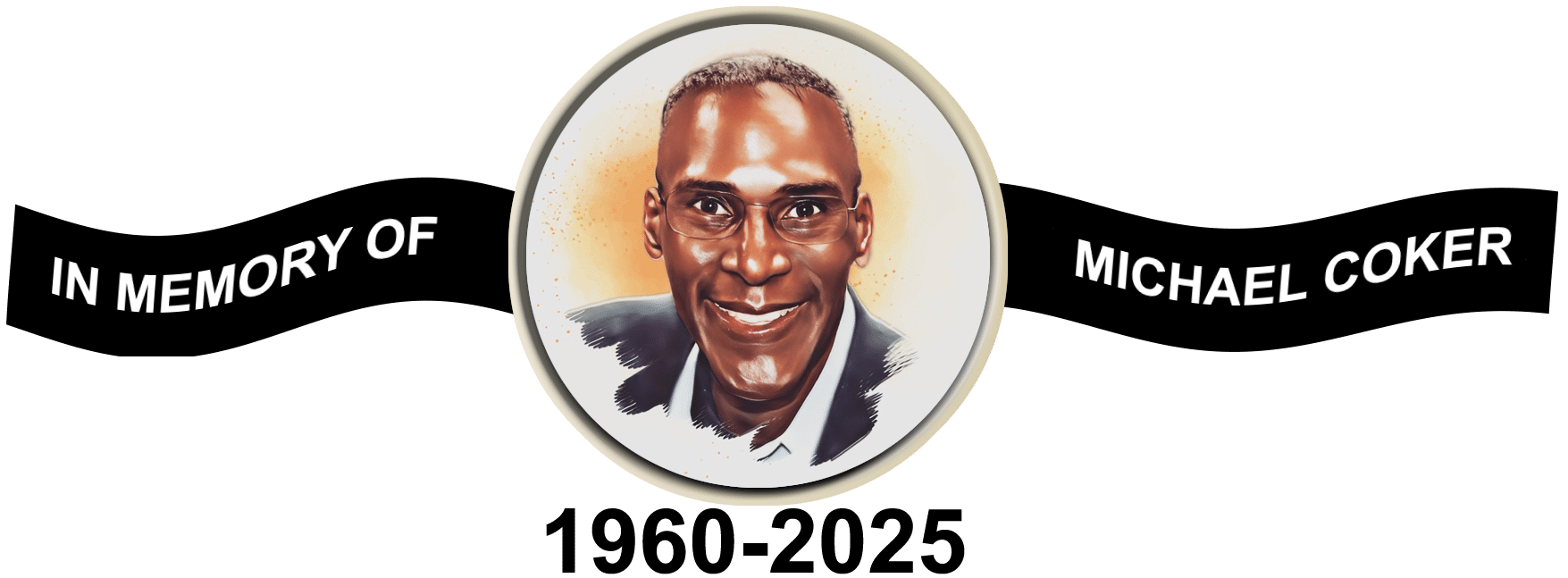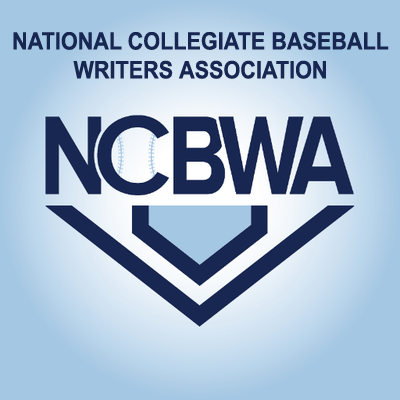“A life is not important except in the impact it has on other lives.” – Jackie Robinson
 Jackie Robinson’s quote came to mind today as we hosted our annual alumni game during this weekend’s Homecoming festivities. Former players from as far back as the mid-1980’s and as recently as this past spring joined us in a game against our current players. Former player and current Frankfort Mayor Layne Wilkerson spoke to the team before the game, and when the dust settled and the game was over, the players and alumni came together to listen to a message from former major leaguer John “T-Bone” Shelby, whose brother Stan played at Kentucky State University in the early 1990’s. His message about passion and hard work resonated with all of us who were fortunate enough to hear him share his story.
Jackie Robinson’s quote came to mind today as we hosted our annual alumni game during this weekend’s Homecoming festivities. Former players from as far back as the mid-1980’s and as recently as this past spring joined us in a game against our current players. Former player and current Frankfort Mayor Layne Wilkerson spoke to the team before the game, and when the dust settled and the game was over, the players and alumni came together to listen to a message from former major leaguer John “T-Bone” Shelby, whose brother Stan played at Kentucky State University in the early 1990’s. His message about passion and hard work resonated with all of us who were fortunate enough to hear him share his story.

Former Major Leaguer John “T-Bone” Shelby addresses alums and current Thorobreds.
I’ve now had over 50 players finish their eligibility with me during what is now my 12th season at KSU as the head baseball coach, and each one of them is special for many different reasons, but also for one reason they all share. They chose to either attend or remain at KSU because they believed in the vision of what this program can be and wanted to be part of that vision. It’s humbling to know I’ve played a part in their successes in life and rewarding that they’ve returned to celebrate that experience with former teammates and others who share in that legacy. It was a joy to see their faces light up in recognition of their former teammates who in some cases they hadn’t seen for years and to hear them share stories from years gone by as if they had just happened yesterday.
It’s nearly impossible to choose from all the memories of players like Bryan Berry, Josh O’Reel, Brandon Kelley, Elijah Collins, Greg Alexander, Joe Crisp, Justin Stinson, Brandon Story, Jay Poullard and so many others who played today. As soon as I remembered Jay Poullard hitting a game-winning single against Spring Hill, I was reminded of Russell Sims preserving a Joe Crisp no-hitter in 2019 with two outstanding defensive plays. Immediately after thinking of Brandon Story’s epic season setting the single-season base hits record, I thought of Bryan Berry seemingly tracking down every fly ball in a 2013 win over 20th ranked Alabama-Huntsville. The memory of Justin Stinson making a perfect relay in the 2018 SIAC Tournament against Miles College faded into the memory of Elijah Collins coming to us as from Montana and beginning his career as a student manager and finishing it as our starting center fielder and one of our conference starting pitchers.
 Some people might ask why alumni games or reunions are important or even necessary, and I think the answer lies in what happens after you share common experiences over time with other people. Those relationships, which sometimes become lifelong friendships, or other times fade like old photographs, become interwoven into the fabric of our lives. Those shared experiences often occur in some of the most crucial parts of our lives, during which we learn some of our most important lessons. Things like fixing the exhaust pipe on our bus when it fell off during our trip to Spring Hill last year, showing up on a road trip to Claflin only to find out our rooms weren’t booked at the hotel, and sharing in huge wins and crushing losses become indelibly etched in our memory banks, ready to be recalled at a moment’s notice.
Some people might ask why alumni games or reunions are important or even necessary, and I think the answer lies in what happens after you share common experiences over time with other people. Those relationships, which sometimes become lifelong friendships, or other times fade like old photographs, become interwoven into the fabric of our lives. Those shared experiences often occur in some of the most crucial parts of our lives, during which we learn some of our most important lessons. Things like fixing the exhaust pipe on our bus when it fell off during our trip to Spring Hill last year, showing up on a road trip to Claflin only to find out our rooms weren’t booked at the hotel, and sharing in huge wins and crushing losses become indelibly etched in our memory banks, ready to be recalled at a moment’s notice.
Life is full of all sorts of twists and turns and ups and downs, and some of life’s most important lessons are learned on our fields, courts, and other athletic venues. I’ve often told people that student-athletes get some of the best educational experiences on campus because of their athletic experiences in addition to being a student. When a student fails a test or misses an assignment, the only people who know about it are the student and their professor, but when a student-athlete strikes our or misses a shot or drops a ball, everyone in attendance or watching the game sees it. When a student makes a bad grade, it’s not posted for everyone to see, but a bad batting average, field goal percentage or completion percentage is almost immediately posted on a website. When a student studies, nobody is trying to knock their iPad out of their hands, but our student-athletes perform against people trying to strike them out, tackle them, or defend them. Student-athletes and athletes in general have an expiration date on their playing careers, and eventually those careers end. Learning to handle the end of a dream while transitioning to a productive future is a challenge for many student-athletes. Teamwork, competition, and handling adversity in front of your peers and a larger viewing audience is not always easy. Sharing that experience with teammates over time helps solidify those life lessons and prepares them to face some of life’s biggest challenges.
A famous quote, attributed to several sources, says “I’ve learned that people will forget what you said, people will forget what you did, but people will never forget how you made them feel.” As I shared in and watched the hugs and heard the laughter between our players and the former players during and following the game, I could tell they genuinely enjoyed their time together. They made plans to bring more of their teammates next year and promised to be in better playing shape. Many of them shared phone numbers and social media accounts, promising to stay in touch, knowing they had friends and teammates they could reach out to in times of need, or to share life’s joys.
One of the most important things we try to nurture in our players is the importance of leaving a legacy for those around them. In our locker room, I have nameplates above our players’ lockers of the players who played before them. It’s one of the gifts I enjoy giving our former players because it’s a way for me to say “thank you” to those who blessed me with the opportunity to coach them. A legacy isn’t earned through bricks and mortar or how much money you make, it’s in the impact you have on those around you. I’d like to thank all our former players for helping build such a strong legacy in our program and university, as well as to me personally.
Robert Henry has been at the helm of the Kentucky State baseball program since the 2013 season. Henry earned his Bachelor’s in History and Secondary Education (minors in English and Physical Education) from Kentucky Wesleyan College and a Master’s in General History (emphasis in United Sates History) from Western Kentucky University. A member of the American Baseball Coaches Association since 1998, Coach Henry has published articles in Collegiate Baseball Newspaper and Coaching Digest and has served as a professional scout for the Kansas City Royals

